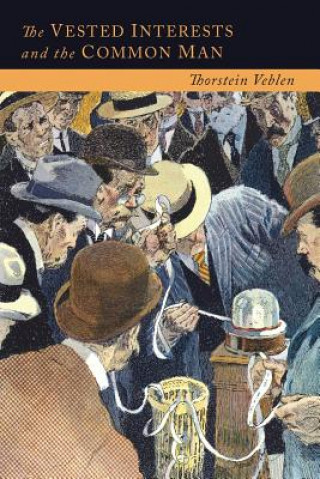
Kód: 08801034
Vested Interests and the Common Man
Autor Thorstein Veblen
2014 Reprint of 1946 Edition. Full facsimile of the original edition, not reproduced with Optical Recognition Software. Many of the essays in this collection originally appeared in "Dial" from October 1918 to January 1919. "Th ... celý popis
- Jazyk:
 Angličtina
Angličtina - Väzba: Brožovaná
- Počet strán: 192
Nakladateľ: Martino Fine Books, 2014
- Viac informácií o knihe

Mohlo by sa vám tiež páčiť
-

Polymers
160.21 € -

Jungle Rudy
21.75 €
Darčekový poukaz: Radosť zaručená
- Darujte poukaz v ľubovoľnej hodnote, a my sa postaráme o zvyšok.
- Poukaz sa vzťahuje na všetky produkty v našej ponuke.
- Elektronický poukaz si vytlačíte z e-mailu a môžete ho ihneď darovať.
- Platnosť poukazu je 12 mesiacov od dátumu vystavenia.
Viac informácií o knihe Vested Interests and the Common Man
Nákupom získate 38 bodov
 Anotácia knihy
Anotácia knihy
2014 Reprint of 1946 Edition. Full facsimile of the original edition, not reproduced with Optical Recognition Software. Many of the essays in this collection originally appeared in "Dial" from October 1918 to January 1919. "The Vested Interest" includes: "The Instability of Knowledge and Belief," "The Stability of Law and Custom," "The State of the Industrial Arts," "Free Income," "The Vested Interests," "The Divine Rights of Nations," "Live and Let Live," and "The Vested Interests and the Common Man." Veblen saw an inherent conflict between financial interests and industrial interests. Veblen's two-class model of social stratification includes a financial class, which owns wealth invested in large holdings, and an industrial class, whose conditions of life are controlled by others and who live by work. On the one hand, financial leaders are almost exclusively concerned with financial matters-especially profit-and make no contribution to production. Veblen sees these captains of industry as parasitic and exploitative. On the other hand, industry is oriented toward workmanship and production. Unlike the pecuniary financial orientation, the industrial orientation is an impersonal standpoint of quantitative relations and mechanical efficiency. According to Veblen, financial leaders obstruct the operation of the industrial system. Veblen argued that an advanced industrial society would be run most efficiently by production engineers who would look out for the welfare of all members of society rather than the vested interests of business.
 Parametre knihy
Parametre knihy
Zaradenie knihy Knihy po anglicky Economics, finance, business & management Economics Economic theory & philosophy
15.32 €
- Celý názov: Vested Interests and the Common Man
- Podnázov: The Modern Point of View and the New Order
- Autor: Thorstein Veblen
- Jazyk:
 Angličtina
Angličtina - Väzba: Brožovaná
- Počet strán: 192
- EAN: 9781614276333
- ISBN: 9781614276333
- ID: 08801034
- Nakladateľ: Martino Fine Books
- Hmotnosť: 290 g
- Rozmery: 229 × 152 × 11 mm
- Dátum vydania: 23. May 2014
Obľúbené z iného súdka
-

Wealth of Nations
5.81 € -22 % -
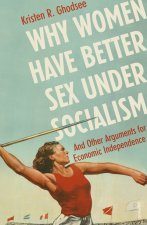
Why Women Have Better Sex Under Socialism
10.92 € -24 % -

Capitalism: A Very Short Introduction
10.11 € -22 % -
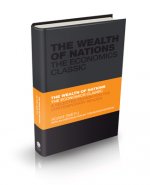
Wealth of Nations
13.27 € -23 % -

Inquiry into the Nature and Causes of the Wealth of Nations
11.13 € -23 % -

Inquiry into the Nature and Causes of the Wealth of Nations
30.03 € -5 % -

Seventeen Contradictions and the End of Capitalism
12.25 € -2 % -

Principles of Economics
25.02 € -
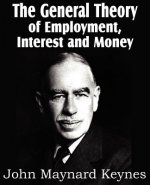
General Theory of Employment, Interest and Money
21.75 € -

Market Theory & the Price System
23.80 € -
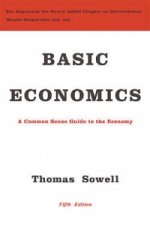
Basic Economics
38.31 € -17 % -

Essential Keynes
16.95 € -9 % -
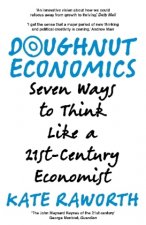
Doughnut Economics
12.05 € -24 % -

Book of Satoshi
19.71 € -

Worldly Philosophers
17.77 € -

Human Action (4-Volume Set)
46.48 € -

New Economics for Industry, Government, Education
41.27 € -11 % -

Naked Economics
16.13 € -16 % -

General Theory of Employment, Interest and Money
15.83 € -13 % -
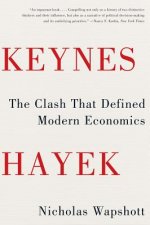
Keynes Hayek
17.67 € -12 % -

Origin Of Wealth
12.25 € -23 % -

Oxford Handbook of Law and Economics
65.08 € -

Pure Theory of Capital
14.30 € -10 % -

Keynes
12.25 € -23 % -

OPEC and the Price of Petroleum
70.70 € -

Contra Keynes & Cambridge
17.77 € -

Bourgeois Virtues
41.99 € -21 % -
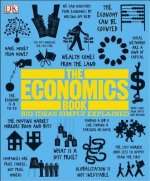
Economics Book
24.62 € -16 % -

Book of Satoshi
34.42 € -
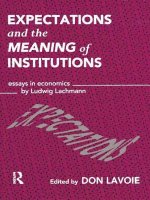
Expectations and the Meaning of Institutions
89.19 € -

Reflections on Ethics, Freedom, Welfare Economics, Policy, and the Legacy of Austrian Economics
23.80 € -

Essence of Entrepreneurship and the Nature and Significance of Market Process
22.88 € -

Cultural Considerations within Austrian Economics
28.50 € -

Legalized Crime of Banking
25.02 € -

Fortunes of Liberalism
14.70 € -7 % -

Epistemological Problems of Economics
14.40 € -

Keynesian Episode
15.01 € -

Four
9.80 € -11 % -
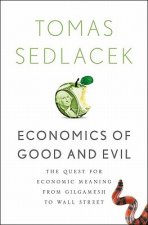
Economics of Good and Evil
27.27 € -13 % -

Happiness
13.89 € -12 % -

Wealth of Nations
14.19 € -18 % -

Constitution of Liberty
31.46 € -

Economics for the Common Good
19 € -6 % -

Wealth of Nations
25.53 € -21 % -

Mathematics for Economics and Finance
55.17 € -

What the Dog Saw
8.37 € -24 % -

Technological Revolutions and Financial Capital
41.37 € -10 % -

Kicking Away the Ladder
24.31 € -

Thomas Piketty's 'Capital in the Twenty-First Century'
26.05 €
Osobný odber Bratislava a 2642 dalších
Copyright ©2008-24 najlacnejsie-knihy.sk Všetky práva vyhradenéSúkromieCookies



 21 miliónov titulov
21 miliónov titulov Vrátenie do mesiaca
Vrátenie do mesiaca 02/210 210 99 (8-15.30h)
02/210 210 99 (8-15.30h)